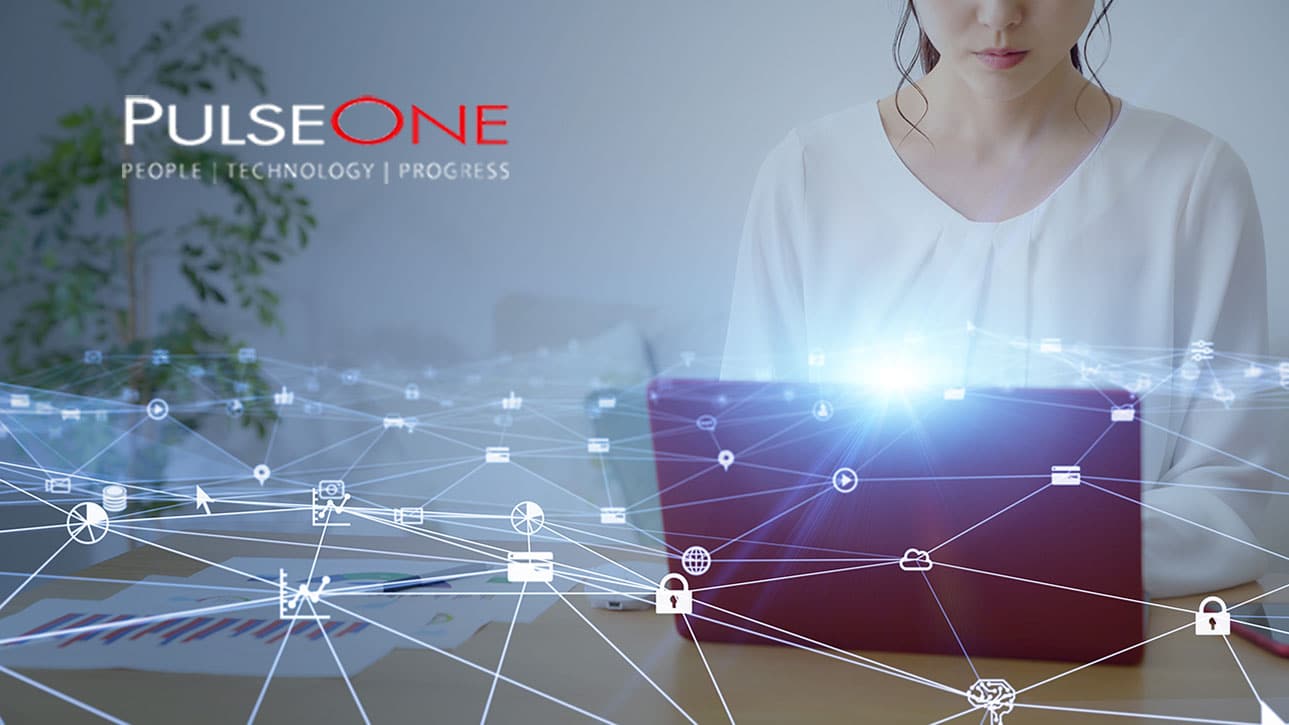Even before COVID forced the majority of people to work from home, remote workforces were already growing rapidly for both the economic benefits (less office space) and the productivity gains. And with the U.S. starting to turn the corner on the pandemic, 84% of firms say they’ll allow employees to stay remote.
While most provide collaborative online tools to employees, many forget about other key aspects. For example, ensuring enough training is provided to work online and help in maintaining their mental health as they power through hours of online meetings.
To Establish Accountability, Build Trust
One of the keys to success for a remote employee is to establish accountability with their employer and their team – by building trust that they will get their tasks done. Trust leads to more engaging communications, which leads to greater productivity, and ultimately, more streamlined workflows and more revenue for the company.
In a recent PulseOne Tech Talk, Bill Reed, CEO of REMOTELYME cited some key statistics from a Gallup poll that bears this premise out. When trust is established, team engagement rises 76% and individual members increase their productivity by 50%. When businesses increase engagement, revenue and profits go up by 20%. Conversely, miscommunications due to a lack of trust can cause 86% of projects to fail.
Neuroscience Holds the Key
To help businesses improve the performance of remote workers and maintain a healthy online environment, REMOTELYME offers a SaaS platform that leverages neuroscience, personality profiling, and communications playbooks. The platform also provides personalized wellness and professional development programs for employees.
“It’s important for remote workers to understand how their neurochemicals and transmitters can impact their ability to resolve issues when interacting with managers, colleagues, customers and vendors,” Reed says. “If brain chemicals are out of balance, people won’t feel trust, and that makes it difficult to communicate and perform.”
The REMOTELYME portal offers an eight-minute web test that employees can take to measure their brain scores and determine if chemicals are out of balance. They can take the test weekly or monthly, and the results are private—secured by HITRUST best practices and in compliance with HIPAA regulations. By taking the test, employees can check if their serotonin is low, for example, and find ways to increase it so they can be at their best during online calls.
Personalized Wellness Programs
With distractions at home, remote employees might experience a rise in stress. The unique platform goes beyond technology and educates the users on stress reducing tactics and includes other wellness programs. “It’s also important to help them realize the effect that eye movements, hand gestures, and vocal tones have on the trust they convey during online meetings,” Reed adds.
The REMOTELYME assessment identifies people according to 18 different personality types and provides personalized plans for how each person can apply new ways to communicate to improve upon trust building. The program also directs employees to personalized wellness and professional development courses on how to work remotely, engage with colleagues proactively, lower stress, and improve stamina and diet.
Learning what to do and what not to do during online communications is important because the differences compared to working with someone face-to-face are subtle but impactful. Giving your remote teams this type of support not only elevates their productivity, but also improves morale. It can also increase your ability to retain them as long-term, happy employees!
If you have questions about creating high-trust environments for your remote teams that lead to higher productivity, contact us today.




